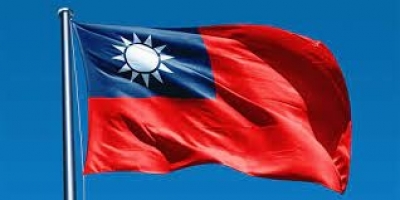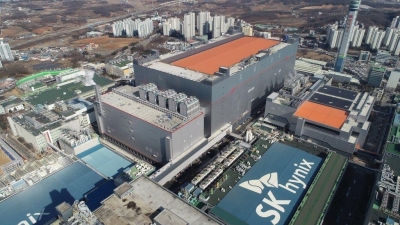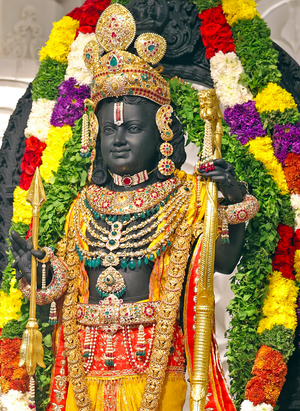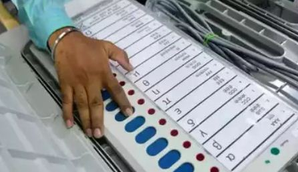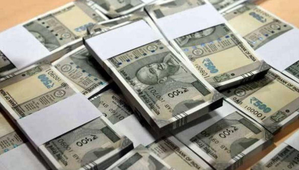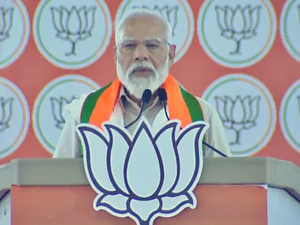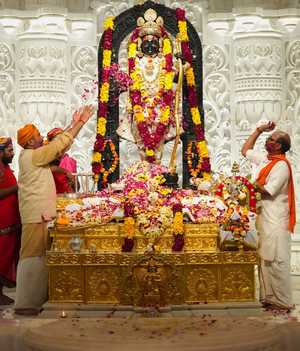Voters queued up outside polling stations across the country and voting will end at 4 p.m., reports CNN.
Results are expected later in the evening.
During the campaign period, candidates toured major cities and staged nightly rallies, featuring rock music, emotional speeches and the rhythmic chanting of slogans by large crowds.
The three main contenders vying to succeed incumbent President Tsai Ing-wen — the island’s first female leader — are Hou Yu-ih from the main opposition Kuomintang (KMT) party; Ko Wen-je from the Taiwan People’s Party (TPP); and Lai Ching-te from the ruling Democratic Progressive Party’s (DPP).
Lai, who is the incumbent Vice President, is hoping to win a third term for the ruling DPP, which has always clashed with Beijing over its defence of Taiwan’s sovereignty.
This would be unprecedented in the island’s nearly three decades of democratic history and rejecting China’s strongarm tactics, CNN reported.
Meanwhile, Hou, a mayor and former police chief, is the candidate KMT, which traditionally favours closer cross-strait ties.
A victory for the KMT would be welcome to Beijing and signal that voters might want to de-escalate tensions.
Ko, who founded the TPP in 2019 to challenge the island’s political duopoly, also favors closer ties with China but says he will be less deferential to Beijing than the KMT.
China’s ruling Communist Party claims Taiwan as its territory, despite having never controlled it.
On Wednesday, China warned Taiwan’s voters to “make the right choice at the crossroads of cross-strait relations” while railing against the ruling DPP.
President Xi Jinping has previously described the presidential poll on the self-governing island as a choice between “war and peace”, reports the BBC.
He has also called Taiwan’s unification with the mainland “a historical inevitability.”
Just hours before polling began, China’s Defence Ministry vowed to take “all necessary measures to crush any forms of secessionist designs for Taiwan independence”.
The election, according to China’s Ministry of Foreign Affairs, is “purely an internal Chinese matter” and Beijing refuses to acknowledge the vote is legitimate.
In the past year, China has significantly stepped up its military pressure on Taiwan with the use of jets and warships.
However, it has repeatedly emphasised that it would prefer peaceful “unification” over a war.

